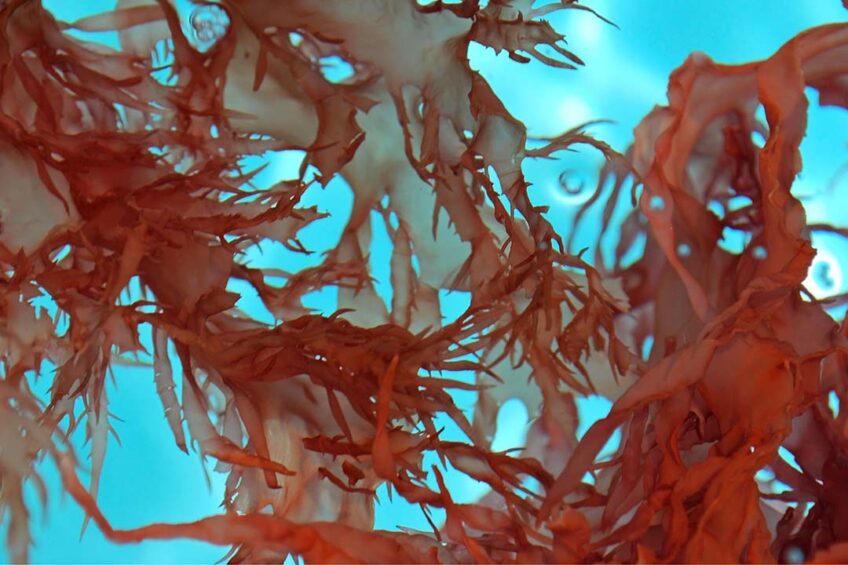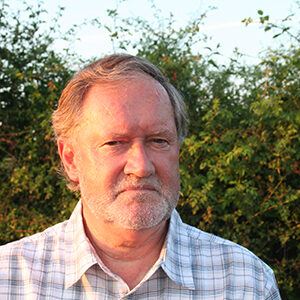Scottish institute explores use of seaweed in chicken feed

Scotland’s Rural College is involved in an initiative to revolutionise poultry feed production by exploring the viability of a highly coveted red seaweed as a sustainable substitute for soybean meal in UK chicken feed.
The Novel Seaweed Chicken Feed Feasibility project, led by Seaweed Generation in collaboration with Scotland’s Rural College, University of West London, the Centre for Innovation Excellence in Livestock and Microgrow Systems Limited, will explore the feasibility of using tank or sea cultivated dulse – a protein-rich red seaweed – as a practical and cost-efficient alternative chicken feed.
This is one of 32 projects awarded funding from Innovate UK and the Biotechnology and Biological Sciences Research Council to drive transformation across the food industry to meet the demands of a growing population while promoting health and sustainability.
The £500k project will develop an automated macroalgal protein cultivation system, harnessing the nutritional benefits of seaweed to create an environmentally-conscious protein source for poultry.
Trials will be conducted at Scotland’s Rural College’s poultry facility near Edinburgh to assess the impact of dulse inclusion on nutrient digestibility, growth, carcass quality and gut health, offering essential insights into its potential as a sustainable and efficient alternative protein source for chicken feed.
Challenges
Dr Farina Khattak, who will lead the Scotland’s Rural College trials with Professor Jos Houdijk, said: “Dulse possesses significant potential due to its higher bioavailable protein content. However, the current challenge lies in the prohibitively expensive and intricate nature of dulse cultivation. Although it can be grown at sea, its complex life cycle adds a layer of difficulty to the process.
“In contrast to terrestrial crops, the rapid growth capacity of dulse holds promise for providing a sustainable supply of biomass suitable for integration into poultry diets as a valuable protein source. The project represents a significant leap towards locally sourced and eco-friendly poultry nutrition, envisioning a reshaped industry by introducing a cost-effective alternative to soybean meal, thus mitigating the ecological impact of poultry production.”
Join 31,000+ subscribers
Subscribe to our newsletter to stay updated about all the need-to-know content in the poultry sector, three times a week. Beheer
Beheer











 WP Admin
WP Admin  Bewerk bericht
Bewerk bericht